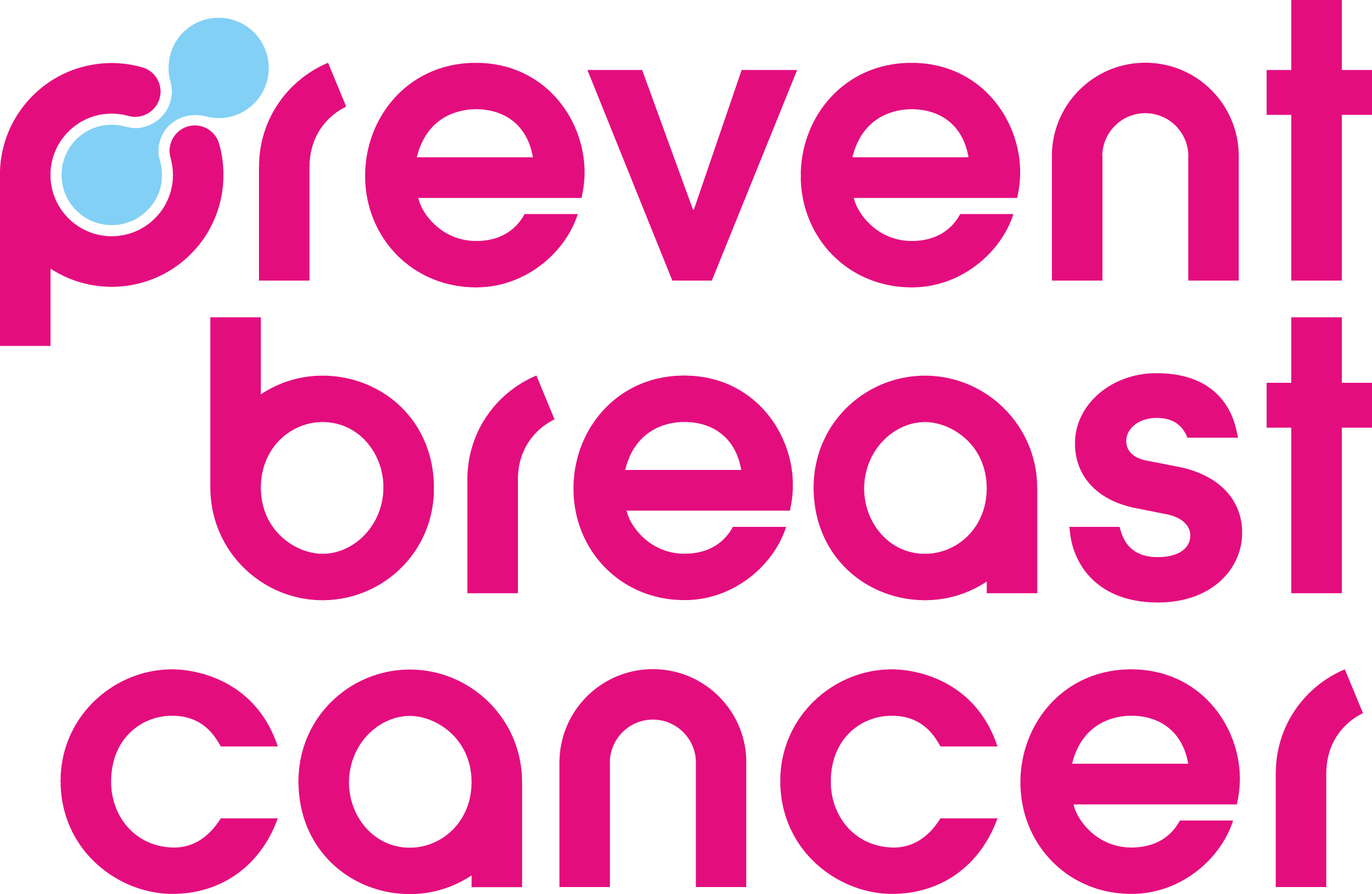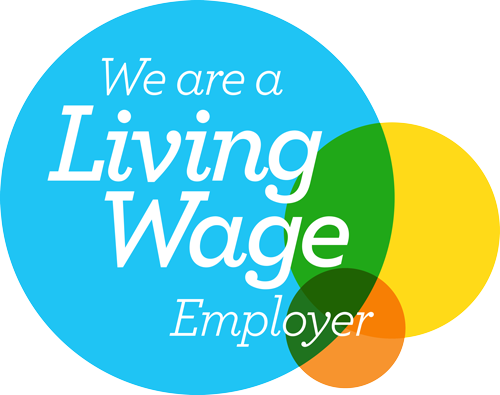Ground-breaking research has found that the drug, anastrozole, continues to reduce the risk of breast cancer, even 10 years after initial treatment.
The research paper, which was published on 12th December, showed the results of a preventative study on post-menopausal women who had taken anastrozole, and found that the risk of developing breast cancer had reduced by an incredible 49%.
Here’s an overview on the overall study and the treatment itself:
What did the study find?
The research, carried out by Professor Jack Cuzick, is a follow-up study from the initial report published in 2013 on the effects of anastrozole. The first study found from a trial of 4,000 women that anastrozole reduced the risk of breast cancer in post-menopausal women by half.
Professor Cuzick has continued to monitor the effects of the drug and now, 10 years, later has found that the risk is still reduced, even after women have stopped taking the drug.
The study is monumental in the prevention and treatment of breast cancer as anastrozole was not only found highly effective in risk reduction, but the drug has also been found to cost less than rival drugs, such as tamoxifen and raloxifene, and has less side effects too.
How does treatment work?
Anastrozole blocks the production of the hormone oestrogen, which fuels the growth of many breast cancers. It is used as a treatment once breast cancer has already been discovered, and the trials conducted by Professor Cuzick found that women taking the drug had 49% fewer breast cancers seven years after they stopped taking the treatment – the study proves that the benefits of the drug lasts.
Who can take it?
At this point, anastrozole can only be taken by women after the menopause because the drug cannot suppress oestrogen in younger women.
Post-menopausal women who are at a higher risk of developing breast cancer, as a result of genetics, family history and other risk factors, have been recommended to take the drug since 2017.
Is it already available?
The drug is currently available on the NHS and is more affordable than similar drugs (available at around 4p per pill compared to tamoxifen’s 9p per pill). However, Professor Cuzick’s concerns lie in the fact that uptake of the drug has been relatively low. Concerns from doctors stemmed from the positive effects of the drug over a long period of time so, with the new findings, the treatment should hopefully see an increase in usage.
What does this mean in the future prevention of breast cancer?
Sacha Howell is a Senior Lecturer and Honorary Consultant in Medical Oncology. He shared his thoughts on the study: “The 10-year update of IBIS-II shows that anastrozole, used preventatively in post-menopausal women, reduces the risk of developing breast cancer by 49%. The study found that the reduced risk of breast cancer seen whilst women were taking anastrozole is durable, and remains even when women had stopped the drug, for an average of seven years.”
“The treatment is highly affordable and has been shown to be a cost saving approach by NICE. The side effects are moderate and can be well managed in the majority of women. In contrast to tamoxifen, there is no increase in the risks of blood clots or cancer of the uterus making anastrozole a safer preventative treatment. This, and the impressive, durable effect on breast cancer risk reduction, means that anastrozole should be offered to all post-menopausal women at moderate to high risk of breast cancer.”
The full paper has been published by The Lancet or, to find out more about the risk factors of breast cancer, take a look at our helpful guide.
About Prevent Breast Cancer
Prevent Breast Cancer is the only UK charity entirely dedicated to the prediction and prevention of breast cancer – we’re committed to freeing the world from the disease altogether. Unlike many cancer charities, we’re focused on preventing, rather than curing. Promoting early diagnosis, screening and lifestyle changes, we believe we can stop the problem before it starts. And being situated at the only breast cancer prevention centre in the UK, we’re right at the front-line in the fight against the disease. Join us today and help us create a future free from breast cancer. If you have any questions or concerns, email us today.




